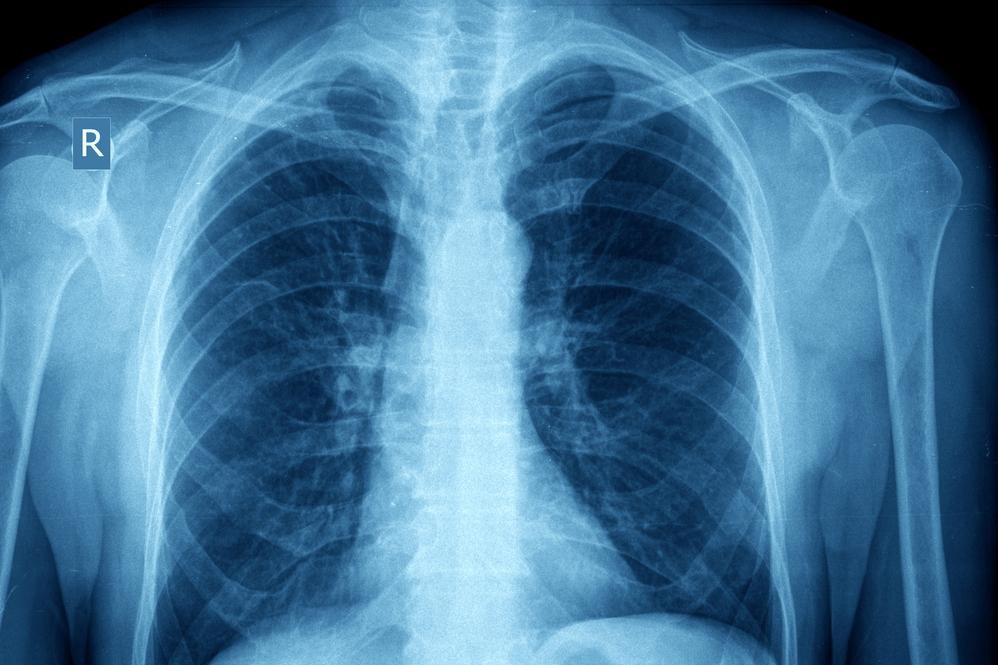Common and Uncommon Factors That Can Trigger Asthma Attacks and How to Manage Them
This comprehensive article explores unexpected triggers of asthma, including emotional stress and traumatic events, and offers effective strategies for management. Understanding these factors can help sufferers reduce attacks and improve overall respiratory health through lifestyle adjustments and mental health support.

Understanding Unanticipated Triggers of Asthma and Effective Management Strategies
Exploring Less Obvious Causes of Asthma Attacks and How to Prevent Them
Asthma is a chronic respiratory condition that affects millions worldwide, characterized by episodes of wheezing, coughing, breathlessness, and chest tightness. While many are aware that common environmental factors like pollen, dust mites, smoke, and pollution can trigger asthma attacks, there are numerous lesser-known or unexpected triggers that can provoke symptoms. Understanding these triggers is essential for better management and improved quality of life for asthma sufferers.
One often overlooked trigger is emotional stress. Emotional well-being plays a crucial role in respiratory health, and intense emotions—whether positive or negative—can influence breathing patterns and airway responsiveness. Recognizing the connection between emotions and asthma is vital for developing comprehensive management strategies.
This article delves into the uncommon factors that can set off asthma episodes, including emotional triggers, traumatic experiences, mental health issues, and environmental factors. Additionally, we’ll explore practical tips to manage these triggers effectively, helping individuals reduce the frequency and severity of asthma attacks.
Uncommon Emotional Triggers That Can Lead to Asthma Attacks
While many individuals are aware that physical environmental factors can trigger asthma, emotional triggers are often underestimated. Scientific research has demonstrated that emotional experiences significantly impact respiratory health, especially in those with pre-existing asthma conditions.
For example, exposure to emotionally intense images or situations can temporarily impair lung function. Studies have shown that individuals who view images depicting tragedy, disaster, or extreme stress exhibit reduced lung capacity and increased airway resistance, making breathing more difficult. This indicates a close link between emotional stress and respiratory function deterioration.
Furthermore, in clinical settings where participants’ moods are recorded via daily diaries over extended periods, negative emotional states such as sadness, anger, or anxiety were associated with poorer lung performance. These findings emphasize that chronic emotional stress and intense emotional experiences can exacerbate asthma symptoms and potentially lead to more frequent attacks.
Traumatic Events and Their Impact on Asthma
Trauma and severe life stressors are recognized as significant triggers for asthma exacerbations. Whether it's the loss of a loved one, a serious accident, or personal crises, traumatic events can induce a cascade of emotional responses that influence respiratory health.
Children and adults undergoing intense personal or environmental crises often report worsening asthma symptoms, which may require urgent medical attention. The stress response triggered by traumatic experiences leads to physiological changes, such as increased secretion of stress hormones like cortisol and adrenaline, which can tighten the airways and increase inflammation.
Relationship Between Mental Health and Asthma Control
Research consistently shows that mental health conditions like anxiety and depression are more prevalent among individuals with asthma. These mental health issues can complicate disease management, reduce adherence to treatment plans, and increase healthcare utilization.
Episodes of panic or anxiety can precipitate sudden asthma attacks. Panic attacks can cause hyperventilation and airway constriction, which further worsen breathing difficulties. Chronic anxiety and depression may also lead to poor sleep, fatigue, and a lowered ability to cope with asthma symptoms, creating a vicious cycle that hampers overall health.
Chronic Stress and Long-Term Mental Health Challenges
Ongoing stress and depression not only affect mental well-being but also have direct physiological consequences. Prolonged stress elevates levels of stress hormones, which can heighten airway sensitivity to pollutants and allergens, making asthma more severe and less manageable.
Children who experience chronic stress are particularly vulnerable, as their developing respiratory systems are more susceptible to environmental insults. In adults, long-term stress can lead to a reduced quality of life, frequent exacerbations, and an increased burden on healthcare resources.
Effective Strategies to Manage Emotional and Psychological Triggers
The first step in managing emotional triggers is awareness. Recognizing stressors and emotional states that worsen asthma allows patients to proactively implement coping strategies. The following approaches are proven to help reduce the impact of emotional and psychological triggers:
Identify and eliminate stress sources: Recognize sources of stress in your personal and professional life and develop plans to mitigate or eliminate them.
Engage in regular physical activity: Exercise releases endorphins, which improve mood and reduce stress. Activities like walking, yoga, or swimming can be particularly beneficial.
Practice breathing exercises and relaxation techniques: Techniques such as diaphragmatic breathing, meditation, or progressive muscle relaxation can help calm the nervous system and improve respiratory function.
Follow a balanced and nutritious diet: Proper nutrition supports overall health, boosts immune function, and can enhance mood stability.
Seek professional mental health support: Counseling, therapy, or medication may be necessary for managing chronic anxiety, depression, or trauma. Addressing mental health is an integral part of comprehensive asthma management.
In conclusion, understanding that emotional and psychological factors are significant triggers for asthma enables better self-management. By incorporating strategies to reduce stress and manage emotional health, individuals can lessen the frequency and severity of asthma attacks, leading to improved quality of life. For those experiencing persistent or severe triggers, consulting healthcare professionals for personalized advice and treatment options is highly recommended.





